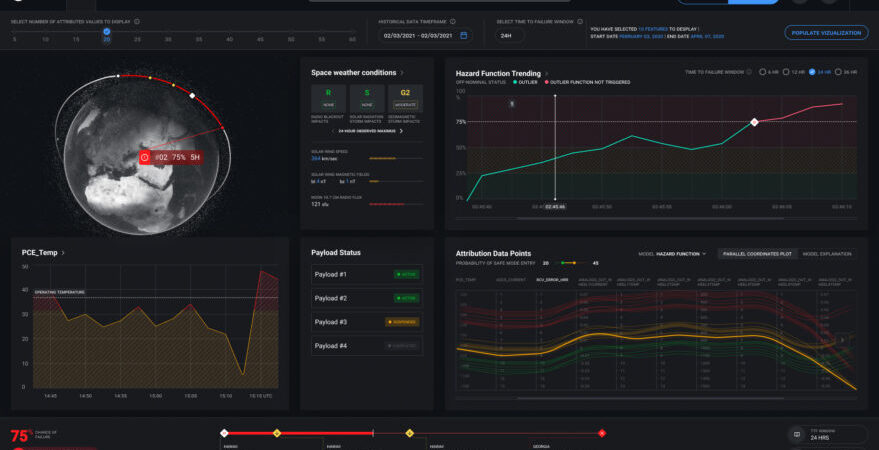The U.S. Space Force recently granted a contract allowing RS21, a data science startup, to develop AI algorithms to predict satellite failures occurring in orbit. The system currently detects faults by using real-time data that indicate potential anomalies to give a predicted timeline on when the satellite will fail. This allows for automatic interpretation of data rather than current procedures where humans evaluate the satellite’s condition.
It’s exciting to see AI technology being expanded into space sectors, but this raises concerns about exposing crucial technology to further cyberattacks. This first step of implementing AI in the space sector won’t compromise mission-critical info as the satellite data is sent to the ground prior to interpretation. However, such automated processes can be exploited by malicious attackers who can find ways to bypass the algorithm’s decision-making process.
Currently, this specific goal of replacing human decisions with AI decisions will thankfully not lead to drastic consequences, as humans can always verify the algorithm’s conclusion. However, if similar AI were to be implemented for space domains where there is currently no human-dependent system in place, consequences can severely impact a mission. Overall, introducing AI into space is a great initiative to update outdated space technology systems, but cybersecurity should be one of the priorities to ensure safe implementation and execution.
